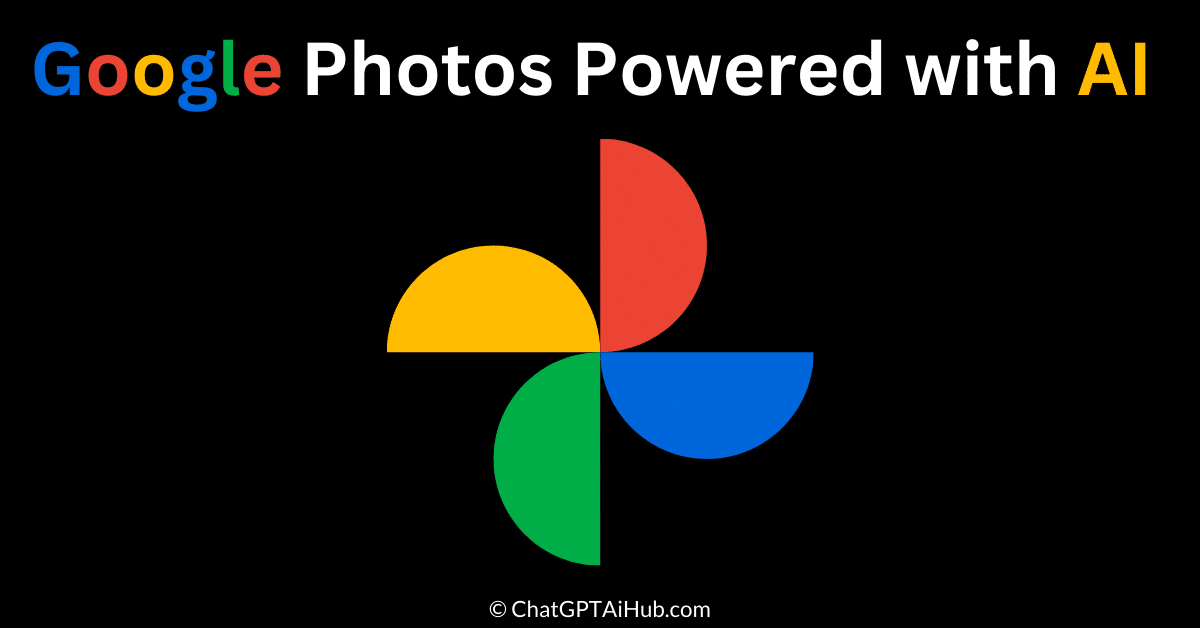In a landmark stride towards transforming the realm of photo sharing, Google Photos has introduced a groundbreaking update infused with the prowess of artificial intelligence. The revitalized Memories feature propels users into an immersive journey down memory lane, where handpicked content, curated by advanced AI algorithms, paints a vivid tapestry of cherished moments. With an unprecedented focus on individual preferences, user control, and collaborative engagement, this enhancement reshapes the landscape of memory preservation.
Crafting Personal Narratives with AI
Harnessing the potency of AI, Google Photos charts an uncharted course in the art of reminiscing. The meticulously curated “scrapbook-like timeline” invites users to embark on an expedition through their past, expertly crafted to resonate with their unique experiences. Gone are the days of sifting through duplicates or irrelevant captures. The AI-powered Memories offer a symphony of moments that truly matter – a personalized narrative woven with digital finesse and human emotion.
Empowering the User Journey
Embracing the ethos of customization, Google empowers users to steer their own voyage through time. Personalization takes center stage as individuals tailor their Memories journey, selectively curating participants and eras. The freedom to pause or embrace this AI symphony further underscores Google’s commitment to nurturing a tailored and gratifying experience. This intricate dance between AI curation and user input showcases a harmonious blend of technological prowess and individual agency.
Collaboration and Beyond
Beyond the realms of solitary reminiscence, Google Photos pioneers a new era of shared nostalgia. Collaborative sharing features unlock a tapestry of communal storytelling, inviting friends and family to co-create vivid narratives. The bounds of sharing are set to expand as Google envisions the integration of social media and messaging platforms, propelling Memories beyond the confines of personal albums.
Pioneering the Future of Memory Preservation
As this transformative update gains momentum across the United States, it ushers in a promising new era of memory preservation. Google’s unwavering dedication to evolution and user-centric design shines through this enhancement. The ongoing refinement of user interface and features exemplifies Google’s commitment to crafting an intuitive and engaging experience for its users.
Trending News
Conclusion
In the horizon of this dynamic digital evolution, Google Photos‘ AI-powered Memories rise as a beacon of innovation and sentiment. This reimagining of memory sharing, where AI harmoniously entwines with human emotion, ushers in a future where our cherished moments are not just preserved, but invigorated with life through the lens of AI-driven curation. With each memory, a new chapter is etched, connecting our past, present, and the boundless potential of technology.


